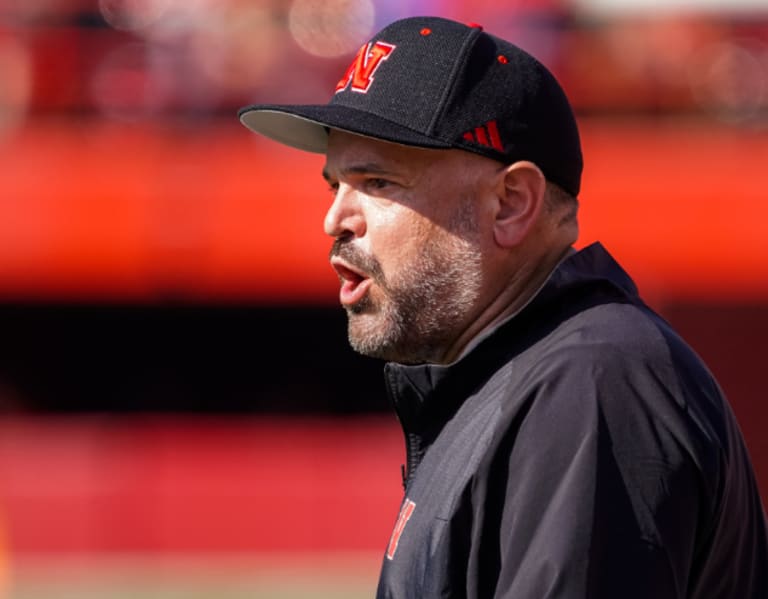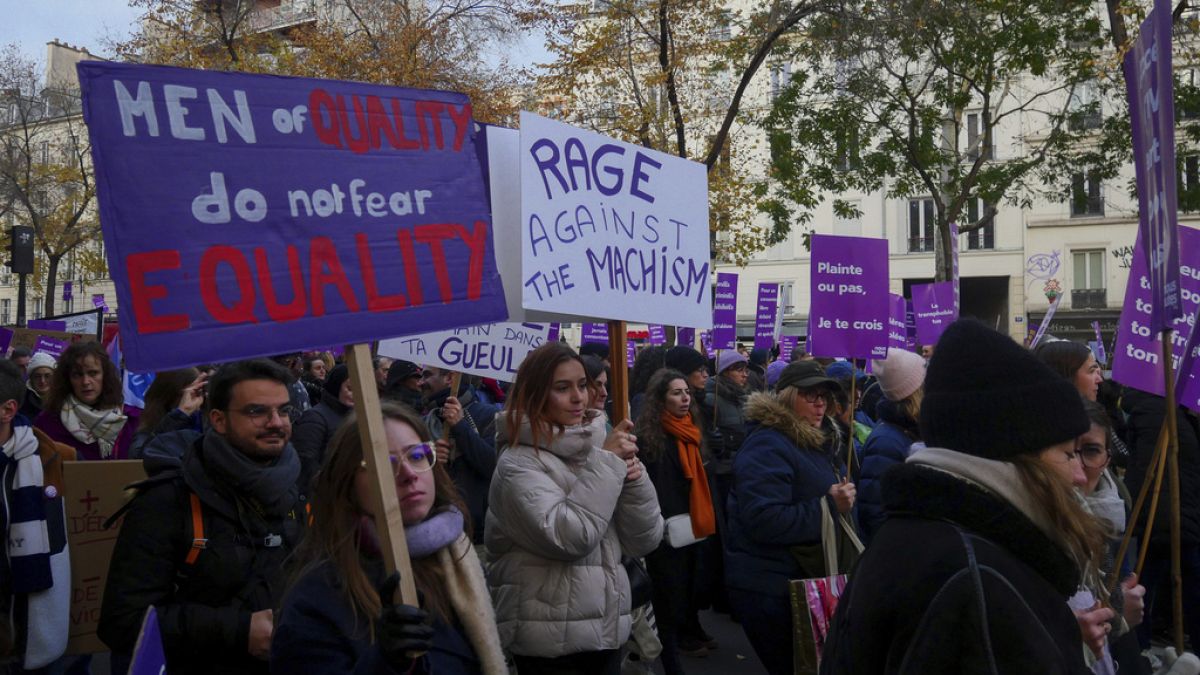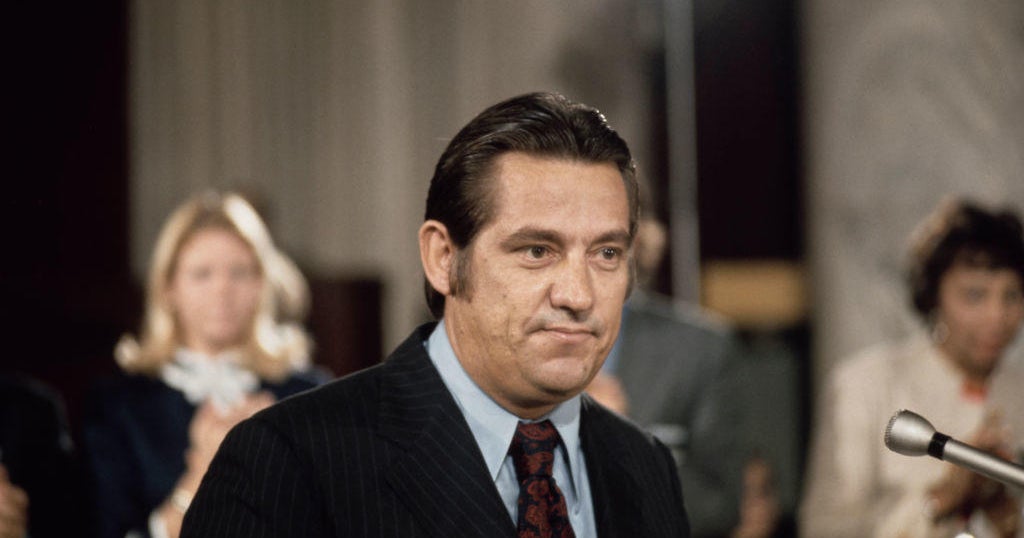Nebraska
Farmers say SCOTUS ruling setback to Nebraska and Iowa pork industries

OMAHA, Neb. (KMTV) — Pork producers in Nebraska and Iowa are calling a Supreme Court ruling that kept a California animal welfare law in place a big setback that will impact them and their customers regardless of where they live.
The law, Proposition 12, was voted on by Californians in 2018. It prohibits the sale of pork in the state that was made in certain conditions. Whether California could institute a law that would impact operations mostly in other states was the subject of cases that were appealed all the way to the Supreme Court.
The law does not allow birthing pigs to be in gestation stalls, which animal welfare advocates say are so small the animal can’t turn around, and require at least 24 square feet of space.
“We don’t feel California and some of their animal activists should put arbitrary standards out there that are not science based on how farmers in Nebraska should raise their pigs,” says Mark Wright, President of the Nebraska Pork Producers Association. “Farmers in Nebraska consult with veterinarians on a daily basis. They work with the university system … California is not recognizing those experts.”
Iowa produces the most pork of any state, and Nebraska is about sixth with about 1,500 pork producers, Wright said.
California makes up 13% of the industry, Wright said. He fears that will mean “tractability issues” in the supply chain to ensure it is segregated. He says some producers won’t change their practices, but others will.
Northwest Iowa pork producer Dwight Mogler says he’s been following the challenge to Prop 12 closely. Both Mogler and Wright said they believe the motivation of groups who pushed for Prop 12 want to go much further: to abolish animal agriculture altogether.
Mogler says the farm he built in 2015 doesn’t use the gestation stalls. Instead, he uses group housing, responding to their perception of what consumers want. But he says his operation still doesn’t meet the requirements at 19.5 square feet per pig.
He says pork producers will need to build bigger barns and could see an impact on operation costs as well. He says those costs will have to be passed along to consumers. Therefore, he says people who can afford pork the least will be impacted the most.
He says special interest groups drove the change in California.
“I’m using strong words here,” Mogler said. “But it is a warped value system … It is a different value system than what’s been embraced by civilization since the beginning of time, where animals are an essential part of the food chain.”
Bill Alward of Little Mountain Ranch and Garden near Fort Calhoun hasn’t been involved in conventional pork operations, but instead runs a small direct-to-consumer farm.
But he describes the cramped conditions he’s heard about this way: “In my opinion, it’s a pretty inhumane way to raise pigs.” Their pigs are outdoors 365 days a year, with plenty of room under the shade of the forest.
“Three times a day, you kind of vote with how you eat your food, what kind of food system you support,” he said. “If you’re buying a super cheap package of bacon at the grocery store, you’re probably supporting a food system where pigs are confined in a really tight living space … I would like to see more humane livestock operations, and I think they’re getting more popular, more and more.”
Download our apps today for all of our latest coverage.
Get the latest news and weather delivered straight to your inbox.

Nebraska
Gallery: Nebraska Volleyball Sweeps Wisconsin on Senior Night

Nebraska and Wisconsin Volleyball have played a total of six sets against each other this season, all of which have been won by the Huskers. Seniors, Merritt Beason, Leyla Blackwell, Lindsay Krause, Kennadi Orr and Lexi Rodriguez were all celebrated for their contributions to the program after tonight’s win.
Nebraska
Nebraska Football Leads Wisconsin 24-10 at Halftime

The Nebraska Cornhuskers are 30 minutes away from clinching bowl eligibility.
Nebraska leads Wisconsin 24-10 at halftime. The winner of this game will get to a sixth win on the season and become bowl eligible.
The Huskers got a kickoff return to midfield to open the game. That turned into a short field, and, eventually, a touchdown run by Heinrich Haarberg.
Wisconsin answered with a touchdown drive, but the Badgers struggled offensively the rest of the half, adding just one field goal. Wisconsin missed two other field goals.
Nebraska added touchdowns from Dante Dowdell and Jahmal Banks. After the Banks touchdown with 17 seconds to go, Wisconsin fumbled on the first play to give Nebraska a chance to score again. John Hohl drilled the 37-yard field goal to send the Big Red into the half with the lead.
NU has 237 total yards to UW’s 205. The Huskers have a two-yard advantage in passing and a 78-48 lead in rushing yards.
Nebraska quarterback Dylan Raiola is 17-for-22 passing. Emmett Johnson is leading the ground attack with 51 yards on eight carries.
Wisconsin will have the ball to begin the second half.
Nebraska Athletics Notes
MORE: I-80 Club: Has Nebraska Football Jumped the Shark?
MORE: After Nebrasketball: Nebraska Beats No. 14 Creighton
MORE: Red State: Nebrasketball Upsets No. 14 Creighton in Omaha, 74-63
MORE: Blue State: Creighton Women’s Basketball Upends No. 21 Nebraska, 80-74
Stay up to date on all things Huskers by bookmarking Nebraska Cornhuskers On SI, subscribing to HuskerMax on YouTube, and visiting HuskerMax.com daily.
Nebraska
All-Out Blitz Week 13: Wisconsin Badgers vs. Nebraska Cornhuskers

All-Out Blitz Week 13: Wisconsin Badgers vs. Nebraska Cornhuskers
BadgerBlitz.com brings back its All-Out Blitz weekly series for the 2024 season, where you can find everything you need to know about Wisconsin’s upcoming opponent. We look at UW’s tenth opponent in the Nebraska Cornhuskers, who the Badgers will travel to play Saturday afternoon in Lincoln at 2:30 p.m. on BTN.
QUICK PROGRAM FACTS
Head Coach: Matt Rhule (57-55 career record, second season at Nebraska)
Nebraska All Time Record: 887-404-38 (.667)
2024 Record: 5-5 (2-5 Big Ten)
Rankings: N/A
Series vs. Wisconsin: 4-13
WHEN NEBRASKA HAS THE FOOTBALL
COMPARING THE PROJECTED STARTERS
Nebraska’s gradual decline over the course of this season is parallel with the decline of their offense.
Through the first five games, in which the team began 4-1, the offense averaged 405.4 yards per game. Over the last five, the 1-4 Cornhuskers are averaging just 294 yards per game.
This prompted the demoting of offensive coordinator Marcus Satterfield, and promotion of Dana Holgorsen, prior to last week’s loss to USC.
It was the hope that Holgorsen, a former disciple of Mike Leach, could reinvigorate freshman quarterback Dylan Raiola.
It’s hard to tell if the former No. 1 quarterback in the 2024 class is responsible for the offense’s drop-off, or merely a victim of it, but all we know is that his season has fallen off of a cliff.
Through the first five games, he threw for nine touchdowns and two interceptions while completing 70% of his passes. In the five games since, he’s down to two touchdowns and eight interceptions, completing just 60% of his passes.
Raiola hasn’t received much help from his receiving core. He never had a true No. 1 receiver, even when the offense looked good, and nobody is stepping up now. No Husker receiver has reached 100 yards in a game since the season opener against UTEP.
They added two starters via the transfer portal — Isaiah Neyor (Texas) and Jahmal Banks (Wake Forest) — but both have been solid at best.
Wisconsin’s pass defense, which has only improved as the season has gone on, should create problems for Raiola and co.
They held Oregon quarterback Dillon Gabriel without a touchdown for the first time all season in what felt like a triumphant defensive performance, despite the 16-13 loss.
Beyond the strong coverage of cornerbacks Ricardo Hallman and Nyzier Fourqurean, what was most impressive about Wisconsin’s defense was how their line was able to generate consistent pressure on Gabriel.
It’ll be key for the Badgers to shut down Nebraska’s passing attack, because their running game isn’t particularly dangerous.
They rotate between three backs on a regular basis, led by Dante Dowdell, who averages a team-high 12 carries per game. Sophomore Emmett Johnson received more carries than Dowdell in the most recent outing against USC and could be ascending up the depth chart. Regardless, no Nebraska back has been a consistent threat.
WHEN WISCONSIN HAS THE BALL
COMPARING THE PROJECTED STARTERS
This will be the first game Wisconsin plays since offensive coordinator Phil Longo was fired on Sunday.
Fickell wasn’t willing to name a replacement play caller, instead alluding to a “collaborative” operation.
However that turns out, it must lead to some sort of reinvigoration. Over Wisconsin’s three-game losing streak, the offense is averaging just 261.6 total yards per game.
The offensive incompetence was especially frustrating against Oregon, a game in which the defense had their best performance of the season.
The offense needs to go back to basics. All season, they’ve been at their best when the offensive line opens up running lanes and allows for a balanced game plan.
Running back Tawee Walker struggled mightily against Penn State and Iowa, rushing for just 111 yards over those two games, but rebounded with a 97-yard performance last week against Oregon.
The front line will have a tough matchup against Nebraska’s defensive line trio of Ty Robinson, Jamari Butler and Nash Hutmacher, who lead the 20th-ranked rushing defense in the nation.
The production of Wisconsin’s running game will be key, because they simply can’t rely on quarterback Braedyn Locke, who’s coming off of a 96-yard passing performance against Oregon. He’s thrown an interception in all seven of his starts this season, bringing his season touchdown-interception ratio to 9-9.
Locke will try to take advantage of a Nebraska secondary that suffered a crushing blow earlier this week, with the announcement that Tommi Hill would miss the rest of the season due to a foot injury.
The best starter besides Hill is Malcolm Herzog, the team leader in interception (four) who primarily plays in the slot. Although the biggest priority for Wisconsin will be safety Isaac Gifford, who leads the team in tackles with 59 and can manage to fly all over the field.
_________________________________________________
*Chat about this article in The Badgers’ Den
*Check out our videos, interviews, and Q&As on our YouTube channel
*Subscribe and listen to the BadgerBlitz.com podcast (as seen on Apple, Google, Spotify and wherever you listen to podcasts)
*Follow us on Twitter: @McNamaraRivals, @TheBadgerNation, @RaulV45, @seamus_rohrer, @DonnieSlusher_
*Like us on Facebook
-

 Business1 week ago
Business1 week agoColumn: Molly White's message for journalists going freelance — be ready for the pitfalls
-

 Science4 days ago
Science4 days agoTrump nominates Dr. Oz to head Medicare and Medicaid and help take on 'illness industrial complex'
-

 Politics6 days ago
Politics6 days agoTrump taps FCC member Brendan Carr to lead agency: 'Warrior for Free Speech'
-
/cdn.vox-cdn.com/uploads/chorus_asset/file/25739950/247386_Elon_Musk_Open_AI_CVirginia.jpg)
/cdn.vox-cdn.com/uploads/chorus_asset/file/25739950/247386_Elon_Musk_Open_AI_CVirginia.jpg) Technology5 days ago
Technology5 days agoInside Elon Musk’s messy breakup with OpenAI
-

 Lifestyle6 days ago
Lifestyle6 days agoSome in the U.S. farm industry are alarmed by Trump's embrace of RFK Jr. and tariffs
-

 World6 days ago
World6 days agoProtesters in Slovakia rally against Robert Fico’s populist government
-

 News6 days ago
News6 days agoThey disagree about a lot, but these singers figure out how to stay in harmony
-

 News6 days ago
News6 days agoGaetz-gate: Navigating the President-elect's most baffling Cabinet pick




















